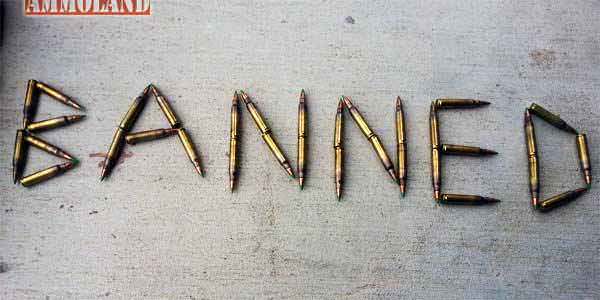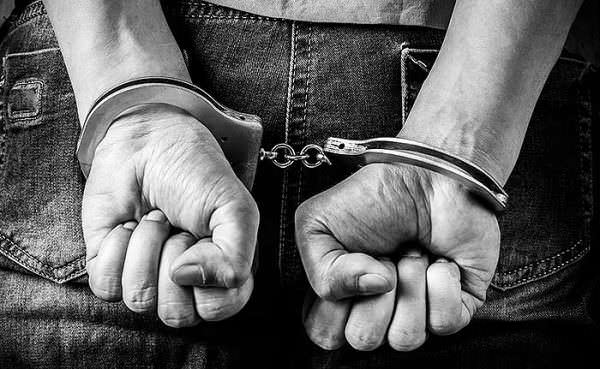
A federal judge recently denied a convicted felon’s request to have their gun possession charge thrown out on constitutional grounds. This ruling is disappointing.
Judge Holly A. Brady’s ruling that felons do not have gun rights is a setback for those who believe in the importance of the right to keep and bear arms, even for individuals who have made mistakes in the past.
It is true that there are historical laws that exclude felons from possessing firearms, but that does not necessarily mean that such laws are consistent with the Second Amendment.
The number of crimes now considered to be “felonies” has slowly increased over the decades. The Second Amendment guarantees the right of “the people” to keep and bear arms, and it is not clear that this right is extinguished simply because someone has been convicted of a felony. The language of the Second Amendment does not exclude felons from its protection, and it is concerning that judges are interpreting it that way.
Throughout the USA, there are a variety of non-violent felonies that individuals can be charged with. Once convicted, these individuals are forever barred from possessing the most efficient tool for self-defense. Many of these felony crimes do not involve any acts of violence or threats of future violence and can include:
- White-collar crimes: This category includes financial fraud or deceit, such as embezzlement, money laundering, insider trading, or tax evasion.
- Drug offenses: Certain drug-related crimes, such as drug possession with intent to distribute or drug trafficking, can also be classified as non-violent felonies.
- Environmental crimes: These are offenses that involve violating environmental laws, such as dumping hazardous waste, polluting the air or water, or trafficking in illegal wildlife products.
- Forgery and counterfeiting: These crimes involve creating or altering documents or currency to defraud others, such as forging checks or counterfeiting money.
- Cybercrimes: With the increasing use of technology, certain computer-related offenses, such as hacking, identity theft, or cyberstalking, can be considered as non-violent felonies.
These individuals who made mistakes in the past and successfully completed their punishment, aka ‘did their time,’ seem unlikely to pose a threat to others if they are allowed to own guns.
Does the Punishment Fit the Crime?

Logical arguments can be made that Lifetime bans on felons owning guns are an example of a punishment that does not fit the crime. While it is true that some individuals who have been convicted of felonies have committed violent acts and may pose a risk to society, there are also many non-violent felons who have had their gun rights taken away.
The ruling in United States v. Cummings adds to the long list of over ninety rulings that demonstrate the limited success of convicted felons in claiming Second Amendment protections. Despite last year’s landmark New York State Rifle and Pistol Association v. Bruen, which cast doubt on many modern gun restrictions, felons have had little success convincing courts that the Second Amendment protects their ability to own guns.
As reported by ‘The Reload’;
“Professor Jake Charles of Pepperdine University recently released a report that found there hasn’t been a single successful Second Amendment claim brought against the federal law barring possession of firearms by convicted felons.”
This lack of success is disappointing, especially given that there have been dissenting opinions that questioned the federal lifetime prohibition on at least some, namely non-violent, felons owning guns. Justice Amy Coney Barrett, for example, dissented in favor of restoring the gun rights of a non-violent felon in 2019’s Kanter v. Barr.
Judges should begin to take into consideration the impact of lifetime bans on gun ownership for non-violent felons, as well as the historical and constitutional arguments for and against such bans.
Ultimately, it is essential to remember that the right to keep and bear arms is a fundamental right protected by the Second Amendment, even for those with past crimes. While there may be legitimate reasons to restrict gun ownership for individuals who have committed violent crimes or who pose a continued risk to society, it is not clear that a blanket lifetime ban on felons owning guns is a proportional punishment.
As supporters of the Second Amendment and gun rights, we must continue to advocate for a fair and just system that upholds the rights of all individuals, including those who have made mistakes in the past.
What do you believe? Should select Felons have the RKBA?
By Fred Riehl and AI tools. Note: This article was generated using AI editing and may contain some automated content aggregation and analysis.
from https://ift.tt/qbcJimP
via IFTTT

No comments:
Post a Comment